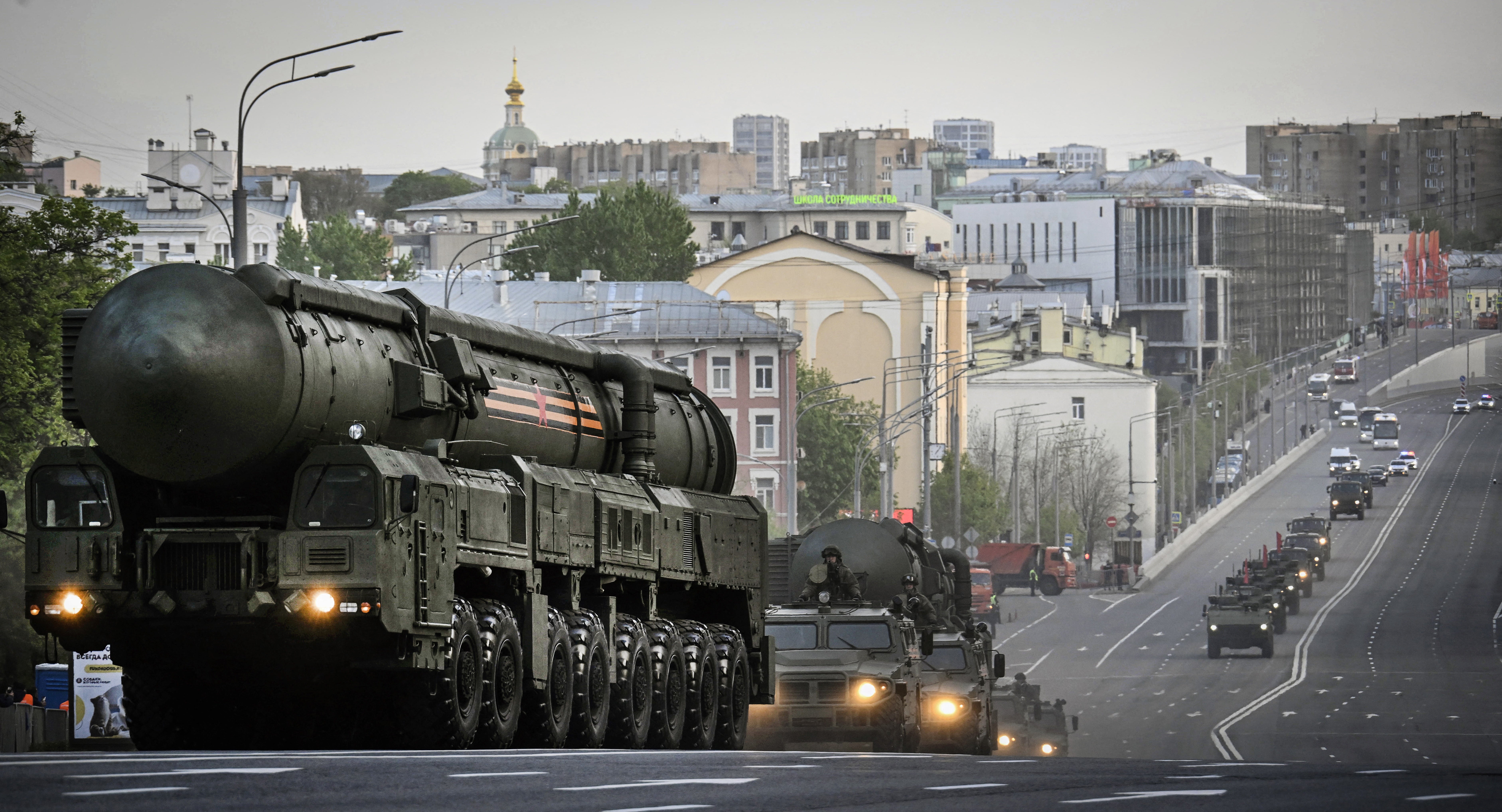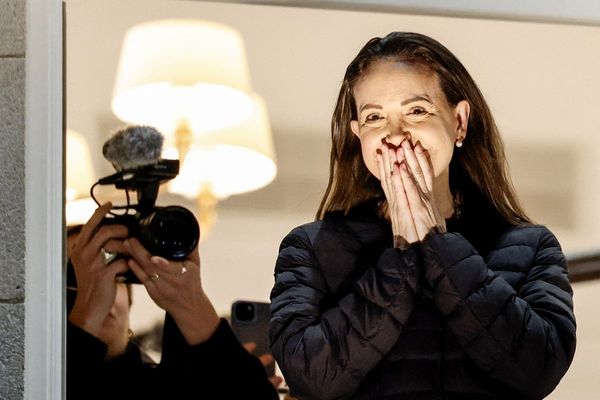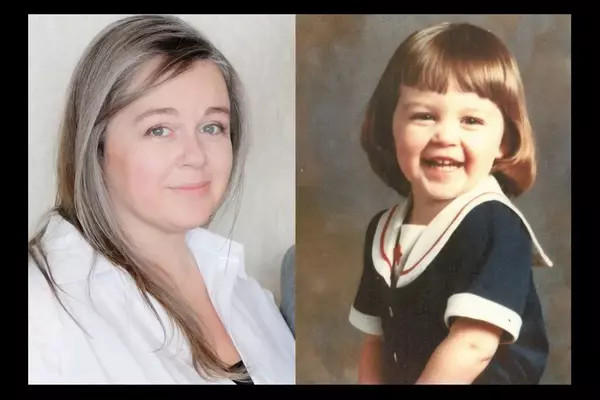Drone attacks that shut down Moscow’s airports, renewed assaults on Russian territory, and new claims to have “stalled” Russia’s costly eastern offensive all add up to red faces in the Kremlin, as it prepares to celebrate 80 years since the Nazis were vanquished.
Vladimir Putin has claimed, among other things, that his full-scale invasion of Ukraine was to topple the “Nazi regime” (headed by a Jew) ruling Kyiv. None of the world leaders planning to attend Russia’s parades this week believe that nonsense.
They will note, however, that Ukraine is showing the resilience of a democracy backed by other democracies. And that, perhaps, Volodymyr Zelensky is feeling his country is more secure now that he has locked in American interests in Ukraine’s minerals – and a new uplift in US-made air defences.
After four months of resolutely taking Russia’s side in each and every aspect of international affairs and negotiations over a “ceasefire”, Donald Trump recently agreed to transfer a Patriot missile system from Israel to Ukraine, while Greece and Germany are considering the same, according to The New York Times.

This volte-face comes after Ukraine agreed to a deal that credits the dollar value of America’s military aid to Ukraine to a joint US-Ukrainian fund as a capital investment in future minerals exploitation.
The weapons-now-for-future-mineral-profits exchange has given Trump a financial incentive to back Ukraine, and represents a diplomatic victory for Zelensky.
Putin has offered a three-day ceasefire from 8 May to mark the 80th anniversary of the Soviet victory over Nazi Germany. Ukraine has countered by saying it will not observe the Russian ceasefire but will instead offer an open-ended ceasefire.
Hundreds of delegates and heads of government who support Putin have been invited to attend a parade by Moscow’s forces through the capital city on 9 May. But the city’s four main airports were shut down overnight from Monday into Tuesday, after the capital came under sustained attack by Ukrainian drones.
Zelensky had warned over the weekend that Putin’s guests would be vulnerable if they attended events in Russia.
“Our position is very simple, for all countries travelling to Russia on May 9: we cannot be held responsible for what happens on the territory of the Russian Federation,” he said.

He also claimed that Russia might launch false-flag attacks involving “arson and bombings” during the festivities, and blame Ukraine.
The Moscow drone assaults are clearly intended to scare off visitors to Putin’s parade. A similar event planned for Russian-occupied Crimea has already been cancelled because it is so often the target of Ukrainian missile and drone attacks.
Robert Fico, the Slovakian prime minister and a longtime supporter of Putin, said on Monday: “I have to object to the statements made by the Ukrainian president Zelensky ... Zelensky thinks that these threats will mean that foreign delegations don’t go there [to Moscow] – he is sorely mistaken.”
Ukraine is extremely unlikely to threaten the lives of foreign leaders in Moscow. But Zelensky has used the international focus on the memorial parades to remind the world that assumptions that his country is on its knees, and must inevitably sue for peace with its invader, are, in his view, false.







